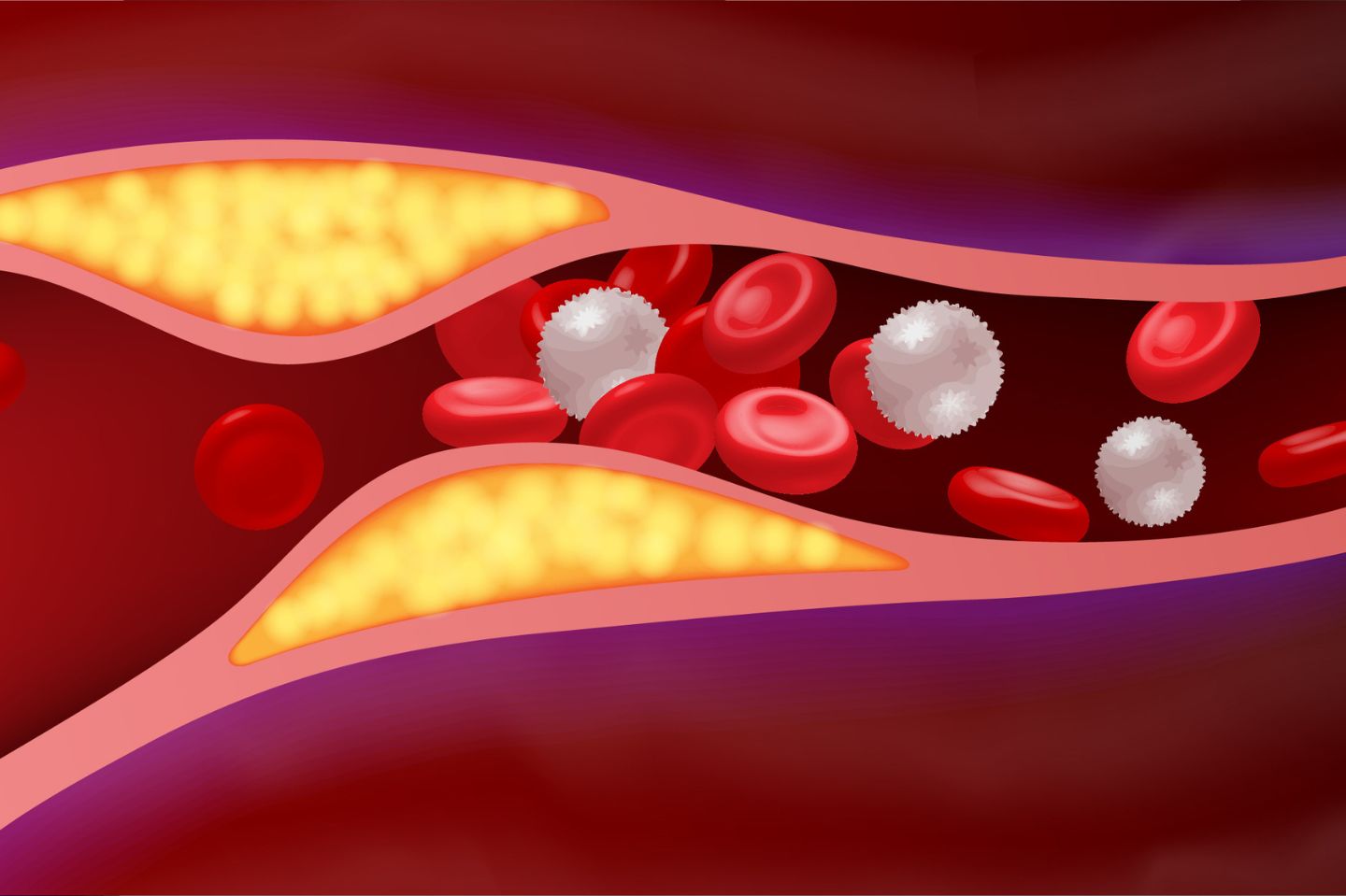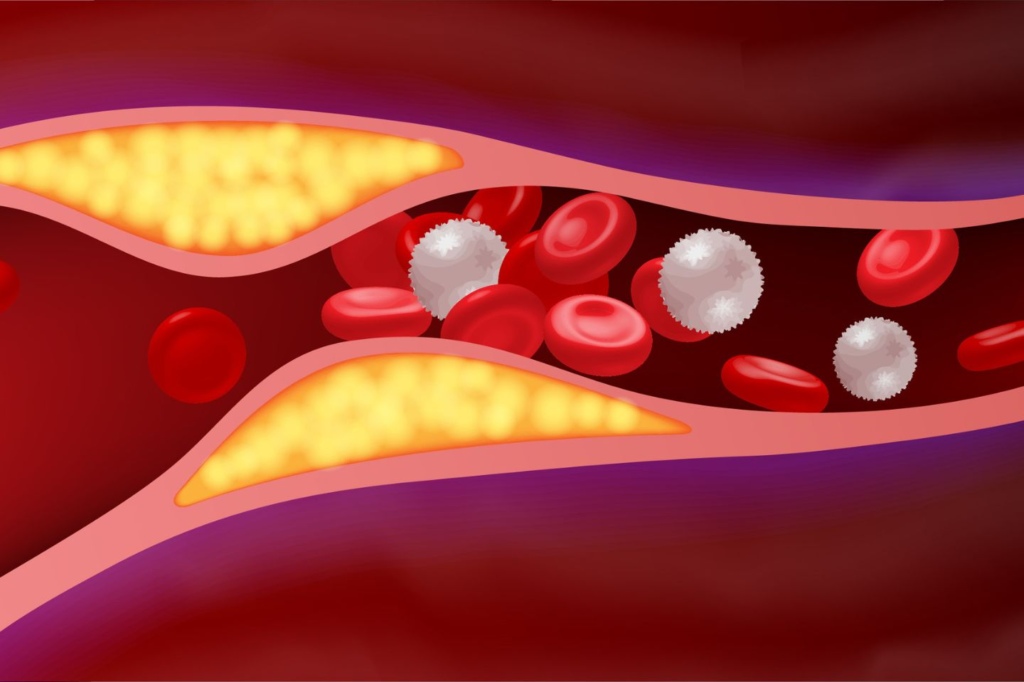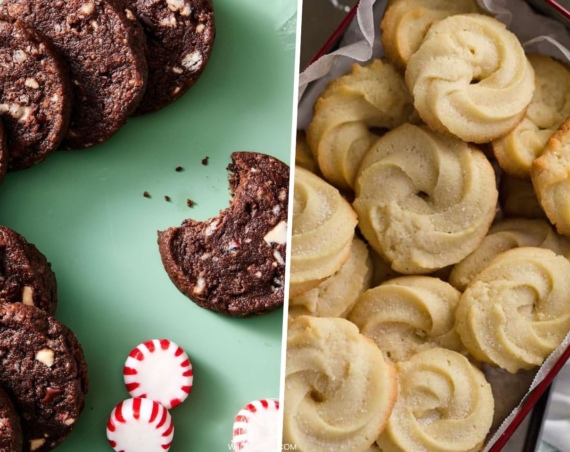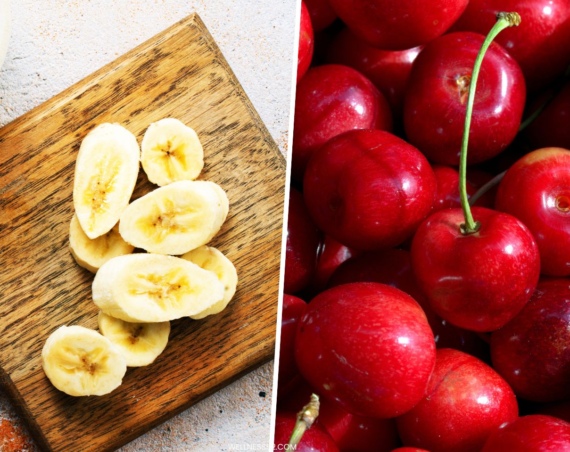
Millions of Americans face a hidden enemy: high cholesterol. It lurks in the blood, silently increasing your risk of heart disease and stroke.
But you don’t have to be a statistic! Beyond the usual suspects like exercise and diet, there might be surprising allies in your fight for healthy cholesterol levels: certain beverages.
This article dives deep into the science behind these drinks and their potential to lower your “bad” LDL cholesterol. We’ll also explore the good, the bad, and the waxy (yes, cholesterol is a waxy substance!) to understand what’s happening inside your body.
But first, a Cholesterol Crash Course:

Imagine tiny taxis (lipoproteins) transporting cholesterol throughout your bloodstream. Some taxis, LDL, carry too much cholesterol, leading to dangerous buildups in your arteries. Think of rush hour traffic but inside your body! These buildups can eventually block blood flow, increasing your risk of heart problems.
Here’s where the good guys come in: HDL cholesterol, the “good” kind, actually removes excess cholesterol from your system. It’s like having VIP lanes for cholesterol removal!
So, when is it time to call in reinforcements?
We’ll discuss the warning signs and risk factors for high cholesterol. Remember, knowledge is power!
1. Green Tea: The Antioxidant Champion
This emerald elixir boasts catechins, potent antioxidants that studies suggest might help lower “bad” LDL cholesterol and total cholesterol levels. One 2020 study even found a link between higher green tea consumption and lower LDL cholesterol!
But not all green teas are created equal. Look for minimally processed varieties to reap the maximum benefits.
2. Pomegranate Powerhouse: A Burst of Antioxidants
Move over, cranberry juice! Pomegranate juice boasts a staggering three times the antioxidant power of green tea, making it a champion in the fight against free radicals. These antioxidants might also contribute to lowering LDL cholesterol and even blood pressure, according to some research.
3. Soy Milk: A Protein Powerhouse
Soy is naturally low in saturated fat, making soy milk a smart swap for dairy products. Studies suggest that replacing saturated fats with soy protein can contribute to managing cholesterol levels. The FDA even recommends incorporating 25 grams of soy protein daily as part of a heart-healthy diet. Remember, opt for unsweetened and minimally processed soy milk for the most benefit.
4. Oat Drinks: The Fiber Fighters
Oats are loaded with beta-glucans, a type of soluble fiber that forms a gel-like substance in your gut. This gel interacts with bile salts, potentially reducing cholesterol absorption. Research suggests oat drinks might even be more effective than solid oat products in lowering cholesterol. Aim for oat milk with at least 1 gram of beta-glucans per serving.
5. Tomato Tango: A Lycopene Powerhouse
Tomatoes are rich in lycopene, a compound that might improve cholesterol levels by lowering LDL. Processing tomatoes into juice actually increases lycopene content. Plus, tomato juice offers a bonus of cholesterol-reducing fiber and niacin.
6. Berrylicious Smoothies: A Blend of Benefits
These antioxidant and fiber-filled powerhouses may contribute to lower cholesterol levels. Anthocyanins, a powerful antioxidant in berries, might be particularly helpful. To make a heart-healthy smoothie, blend your favorite berries with unsweetened yogurt or plant-based milk.
7. Plant-Based Milk Smoothies: Double Down on Goodness
Combine the cholesterol-lowering potential of soy or oat milk with fruits and vegetables known to support healthy cholesterol levels. Think bananas, grapes, prunes, mangoes, leafy greens, and pumpkin puree for a delicious and nutritious blend.
Remember:
- While these drinks can be a helpful addition to your diet, they are not a magic bullet. It’s crucial to maintain a balanced diet low in saturated and trans fats and rich in fruits, vegetables, and whole grains.
- Speak to your doctor for personalized advice and to determine your cholesterol testing frequency.
Cheers to a healthier you!
The Bottom Line:
This article equips you with the knowledge to fight back against high cholesterol. We’ll explore the science behind cholesterol-lowering drinks, empower you to understand your own risk factors, and guide you toward making informed decisions about your health.


